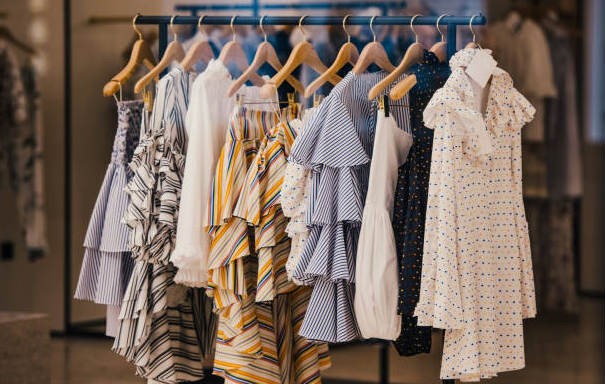Women’s Clothing: A Reflection of Style, Culture, and Empowerment
Women’s Clothing: A Reflection of Style, Culture, and Empowerment
Blog Article
The clothing worn by women has always not been merely clothing for the body; it represents societal norms, values, rules, and personal identity. Through the years, the styles, fabrics and the purpose behind the clothes of women have seen sweeping changes, being influenced by the past as well as the evolution of notions of femininity. From the structured corsets of the Victorian time period, to the more minimalist and inclusive fashion that women's clothes are in today is a story of change and development. Fashion reflects not just the style preferences of its time but as well the roles and liberties of women within society. The word "fashion" has become a powerful language by which women share their stories and aspirations.
The range of clothes women can wear is one of the greatest strengths, as it caters to a wide array of situations and uses. Casual wear, such as jeans, t-shirts and sundresses, prioritizes comfort and practicality for everyday routines. Contrarily formal attire, which includes elegant dresses and tailored suits, allow women to show class and professionalism in workplace locations or for special events. Fashionable clothing is adapted to shifting weather conditions, offering lightweight fabric for summer, and warm layers of winter. Its ability to seamlessly switch between different styles makes sure that women's clothes meet the requirements of contemporary life, while providing endless opportunities for self-expression.
Cultural heritage plays a profound influence on women's clothes, offering a glimpse into the values and traditions of different societies. Traditional clothes like the Indian sari, Japanese kimono and the boubou of West Africa showcase intricate craftsmanship and symbolic significance. These garments are typically filled with history as they tell tales of the regional arts and culture pride. Although traditional clothing is an essential part of a culture's identity, it has also evolved to be a seamless blend with modern styles. Modern interpretations of traditional attire let women celebrate their culture while taking advantage of the flexibility of modern fashion, making these styles still timeless and appropriate.
Sustainability is now a major aspect in the age of pavine clothing store, reflecting a shift towards more responsible consumption. The environmental impact of the fashion industry becomes apparent, many women are turning to sustainable alternatives. Fashion brands that are sustainable concentrate on using natural materials as well as reducing the amount of waste they produce and encouraging ethical labour techniques. Thrift stores and vintage shopping have also gained popularity giving women the opportunity to embrace unique styles without sacrificing the carbon footprint of their purchases. A growing understanding of the need for sustainability highlights the need to make informed decisions that are in line with your individual values as well as environmental responsibility. To receive more details please click for more info here
The empowerment of women through clothing has been a recurring theme throughout history. Fashion has frequently been an instrument for redefining social rules and redefined the roles of women. In the case of trousers, for instance, the wearing of pants by women during the first half of the 20th century represented a call for equality of gender and liberation. Nowadays, the trend towards body-positive clothing and gender-neutral sizing enables women of all sizes and shapes to feel respected and confident. The fashion industry has transformed into a platform for expression, allowing women to show their true self, celebrate diversity, and make bold statements about their beliefs and identity.
The world of women's fashion is an exciting and evolving domain that reflects the interplay of culture, style, and empowerment. From its origins in the past and its significance in the current era of sustainability and self-expression and self-expression, fashion continues to influence and be shaped by the lives of women around the world. As fashion embraces the notion of diversity, innovation and sustainability and reaffirms its importance beyond a practical requirement. Women's clothing is a dynamic factor that promotes diversity, stimulates creativity and enables women to express themselves authentically which will ensure its value and impact for the generations to come.